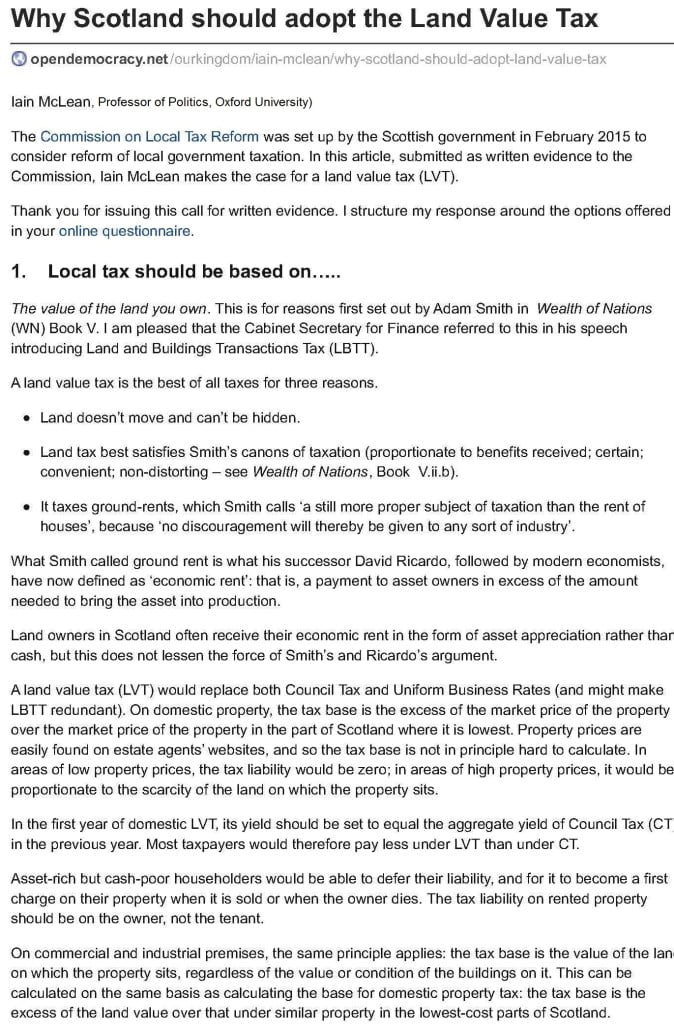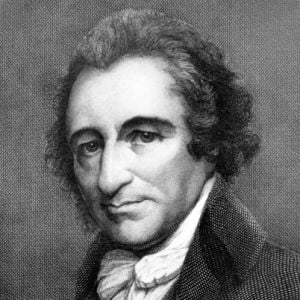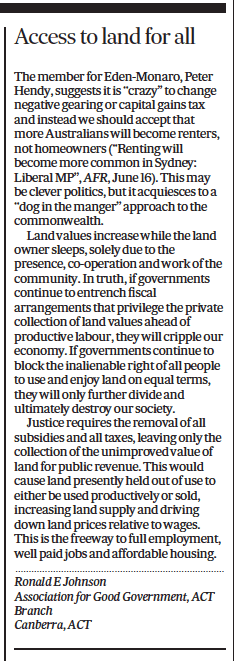

_________________________________________
On another tack, you might also like to take a peep at this Property Observer article on LF Economics’ submission to the Australian House of Reps Inquiry into Home Ownership.
THE FAIREST AND MOST EFFICIENT ….
SOME ASIAN LAND TAX HISTORY
In Land Cafe on 13 April 2011, Henry Law said:
There is a very old connection between LVT and China, long before Sun Yat Sen. The Physiocrats in the court of Louis XV were influenced by Jesuits who had been to China and related how the system of agriculture was organised by the Emperors. This story needs further investigation.
To which Roy Langston replied:
I pieced together some of that history a few years ago, drawing on a number of sources I ran across by accident.
It begins in India in the late 16th C, in the reign of the Mughal emperor Akbar the Great. Akbar was one of the two great Indian emperors, the other being Ashoka who ruled 2000 years earlier. Akbar was illiterate, but very wise and able. He had scholars read to him for hours almost every day, and became one of the most learned men of his time. His reforms included abolishing the jizya, a special tax on non-Muslims, and eliminating road toll privileges, monopolies, and religious discrimination in employment and trade.
Anyway, in 1580, after experimenting with various reforms to the Mughal tax system, Akbar and his revenue minister (who had also served under a rival king Akbar had defeated) devised an improved land tax system. It required payment in cash rather than in kind, and was based on the local value of the land’s average produce over the previous decade. Probably no large-scale tax system since the reforms of Augustus had come closer to being a tax on land rent.
The result, predictably, was an economic boom, and India became the richest country in the world. Yes, the richest. Its commercial empire included an international bank network with dozens of branches in China alone. A century after Akbar, even though most of his successors had been of modest ability and had reversed some of his policy achievements, the Mughal emperor was estimated to enjoy ten times the revenue of his richest European contemporary, Louis XIV.
In 1644 the Manchus conquered China and established the Qing dynasty. A few decades later, one of China’s most revered emperors, Kang Xi, came to power. He was also an extremely able and well-informed ruler, and made various reforms, including to the tax system which he brought closer to Akbar’s model while still retaining some distinctively Chinese features. It seems likely that Kang Xi’s tax reforms were consciously modeled on Akbar’s system, which was known to the Chinese government, to try to emulate India’s economic and especially agricultural success.
The shift to a more land-rent-centered tax system, along with Kang Xi’s military and administrative successes, ushered in an era of great prosperity in China that lasted over 100 years (this was the period the Jesuits in Louis XV’s court would have been reporting on in the mid-18th C). Unfortunately, Kang Xi also made a great error in his tax policy: he fixed the land tax, decreeing that it must never be increased. Rapid economic and population growth meant land rent was increasing but the land tax was not.
In addition, Kang Xi’s successors were much less conscientious in holding inflation at bay (and even sometimes caused it), so by the early 19th C, land tax revenues had fallen by 2/3 in real terms. Relative to total land rent, revenue probably fell by 80%-90%, and China descended into a period of weak government, high taxes on production and trade, rebellions, warlordism (in fact landlordism, much as happened in Western Europe after Roman government disappeared), poverty and stagnation.
It’s astonishing how often this theme is repeated in history: brilliant success for land rent recovery, followed by its abandonment by people who didn’t understand it and took the success for granted, followed by disastrous failure and collapse.
___________________
A most interesting piece by Roy Langston in which the final sentence certainly rings true about Australia’s capital city Canberra which, founded and remaining nominally on a leasehold land system, had it finally scuttled by the John Gorton Liberal government in 1971 by dismissing the need for the land rent be collected. (Five cents was to be paid, if and when demanded!) This was a sell-out to Canberran rent-seekers, partly in the hope that the federal government might win a Canberra by-election at the time.
AND WESTPAC NEARLY WENT UNDER IN 1990, DIDN’T THEY?
A 1980s Westpac advert (to which I’ve added an addition)

The Georgist Theory of Recession and Depression
In classical economics, production (P), was distributed between land, labour and capital, as rent (R), wages (W) and interest (I); that is: P = R + W + I.
Classical economists defined land as all natural resources exclusive of man, that is, land, sea and air, so that, unlike current rubbery economic definitions that regard certain so-called ‘surplus’ returns to expert personal exertion (labour) as ‘rents’, rents in the classical sense are those yields from land, mineral, fishing, forestry, spectrum and aircraft licences – to natural resources only. These may be seen as government-granted privileges for which their rent should be paid. [Searchable sources are to be found on this website for the latter statement, including biblical references, classical economists such as Adam Smith, David Ricardo – and great philosophers – but land, in its wider sense has gone missing in neoclassical economic analysis.]
Henry George refined classical distribution theory further in Progress and Poverty by putting a syllogism very similar to the following:-
A. Rent-seeking behaviours create the dual pathologies of increasing land prices and taxation, the servicing of which is a deduction from the incomes of labour and capital.
B. Taxation and privately-capitalised land rents devour the benefits of technological innovation, creating thereby unsustainable debt levels, involuntary poverty and recurrent periods of economic recession and depression.
C. Therefore, taking natural resource rents for public purposes, instead of taxing labour and capital, will obviate:-
– the rich-poor gap created by such a pathological distributional system
– unsustainable debt levels, poverty and dispossession, and
– future economic recession and depression
By transposing unearned land rent to the left side of the equation, viz, P – R = W + I, Henry George showed that if community-generated natural resource rent were captured to the community for public purposes, then earned incomes would not need to be diminished by arbitrary forms of taxes. This “fiscal adjustment”, he argued, would reconcile labour and capital, permitting a complementary relationship to exist between the two ‘doing’ factors of production.
He held that the social capture of community-generated resource rents, clearly an unearned public surplus in the production process, would rectify the distributional problem, removing inducements to cyclical bouts of resource speculation, the invariable outcome of which is socially damaging economic recessions, or such devastating financial depressions as we are now experiencing.
The “remedy” George and others espoused has still not been tried on a grand scale. Could this be because politicians believe they tender greater allegiance to those who privatise our public rents than they to the public good? This is a question that merits a little thought and an honest answer.
OECD: BLOATED BANKING IS SLOWING PRODUCTIVITY
OUR POLITICIANS HAVE LOST THE PLOT (AFR letter 18 June)
IT’S NOT TURNING OUT WELL, PETER ALLEN!

PPP? UTILITY SELL-OFF? WHERE’S TOM PAINE WHEN YOU NEED HIM?

In 1805, after describing how the Federalists had re-imposed a British legal system in “A Letter to the Citizens of Pennsylvania”, in an attached “Compass” Thomas Paine wrote:
“There is no article in the Constitution of this State, nor of any of the states, that invests the Government in whole or in part with the power of granting charters or monopolies of any kind; the spirit of the times was then against all such speculation; and therefore the assuming to grant them is unconstitutional, and when obtained by bribery and corruption is criminal.”
In Rights of Man, Vol 2, Paine wrote:
“… I answer not to falsehood or abuse, but proceed to the defects of the English Government.
I begin with charters and corporations.
It is a perversion of terms to say that a charter gives rights. It operates by a contrary effect – that of taking rights away. Rights are inherently in all the inhabitants; but charters, by annulling those rights, in the majority, leave the right, by exclusion, in the hands of a few. If charters were constructed so as to express in direct terms, “that every inhabitant, who is not a member of a corporation, shall not exercise the right of voting,” such charters would, in the face be charters not of rights, but of exclusion. The effect is the same under the form they now stand; and the only persons on whom they operate are the persons whom they exclude.
Those whose rights are guaranteed, by not being taken away, exercise no other rights than as members of the community they are entitled to without a charter; and, therefore, all charters have no other than an indirect negative operation. They do not give rights to A, but they make a difference in favour of A by taking away the right of B, and consequently are instruments of injustice.
But charters and corporations have a more extensive evil effect than what relates merely to elections. They are sources of endless contentions in the places where they exist, and they lessen the common rights of national society.“



